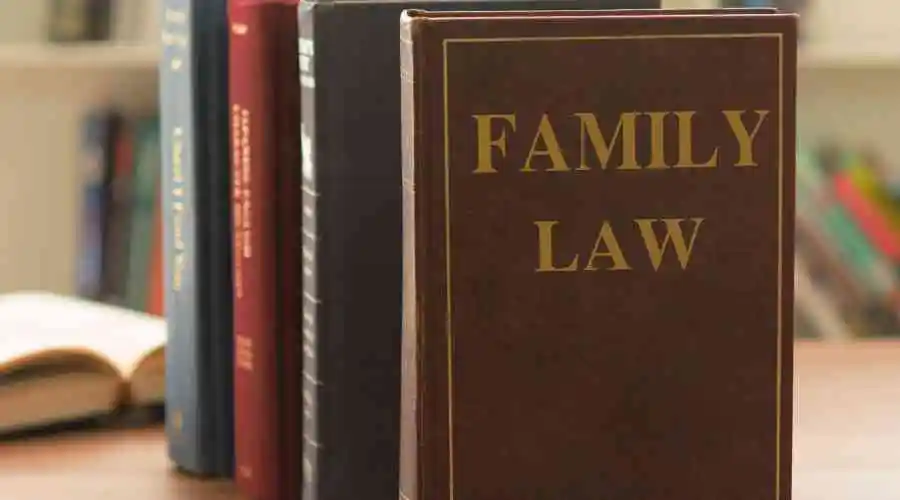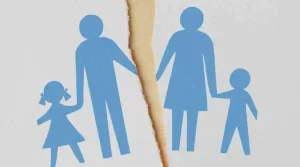Changing your name is relatively straightforward if you are going through a dissolution of marriage or legal separation. Paducah Law now allows any party to a decree of dissolution or legal separation to request restoration of a prior full name at any time after the entry of the decree. C.R.S. §14-10-120.2(1). It means you don’t have to request while the case is ongoing; you may seek a name change years after a divorce or legal separation is finished. You have to file a verified motion and affidavit in that same case and include the caption and case number for the existing case and a sworn statement that restoring your last full name is not detrimental to any person. C.R.S. §14-10-120.2(2). (2).
That request can even be filed ex parte, which means you don’t have to copy the opposing party on your motion, and the opposing party has no right to object to changing your name. We sometimes get asked whether the other party can force us to change your name, and the simple answer is “no.” Whether you change your name after a divorce or legal separation is entirely your own choice. Changing their names after a divorce can help many people move forward. For some, it is not worth updating their accounts, identity, etc.
The advantage of changing your name as part of a divorce case is that you do not have to go through the same hoops that are generally necessary for a civil name change, which includes posting notice of your plan to change your name and performing background checks on yourself.
Changing a child’s name is more complex than changing your own, but it is still possible if a court agrees that the name change is in the child’s best interests. When deciding whether to change a child’s name, the court will consider how long the child has used their current name, the potential impact changing the name would have on the child’s relationship with the other parent, whether the child has a preference and any misconduct by a parent that would justify a name change. J.L.B. v. D.K.W., 807 P.2d 1222, 1224. (Colo. App 1990). The court is also supposed to consider why each party wants or opposes a name change for the child, the child’s identification as a member of a family unit, whether changing the name will cause the child any insecurity or lack of identity, and the potential embarrassment, inconvenience, or discomfort that may result if the child’s last name differs from their primary residential parent’s last name. D.K.W. v. J.L.B., 807 P.2d 1222, 1224 (Colo. App 1990).
Another item to consider is that if the parties disagree about changing a child’s name, you should ensure that your motion to change a word or your response opposing the request includes substantive reasons why your position is in the child’s best interests. Also, if you want a hearing and a chance to present the court with testimony and evidence about that issue, you must ask for one in your motion or response. I recently helped a client with an appeal where a mother asked to change the children’s names to be hyphenated and include the last words of both parents. The father objected but didn’t say why, just that he disagreed with Mother’s
request. Father’s response also failed to ask for a hearing. The trial court granted the Mother’s proposal to change the children’s names based on the motion she filed and the record already before it; The Court of appeals upheld the decision. Although that case was not published, it includes useful citations to existing law that support that ruling, in re Marriage of Sheeran, 21CA2013 (January 19, 2023).
Usually, when a parent seeks a court to alter the kid’s name to enable the child to have both of their parents’ last names as part of their name, a court is likely to agree that the name change benefits the child’s kid. From the child’s perspective, that allows the child to share an identity with both parents and can help them feel less like they have lost one of their parents in a divorce.
Sometimes, a parent wants to change the child’s last name to replace their last name with a new one. Those cases can be more challenging because they create a risk that the child will feel less connected to the parent whose name they previously shared. There are situations, however, in which a court can find that a name change that entirely removes one parent’s name from the child’s name is in that child’s best interest. If you have questions about how to change your child’s (or your own) name, or if you need some advice on the best arguments to help you convince the court that a name change is in your child’s best interests, An attorney can help you through the process.



